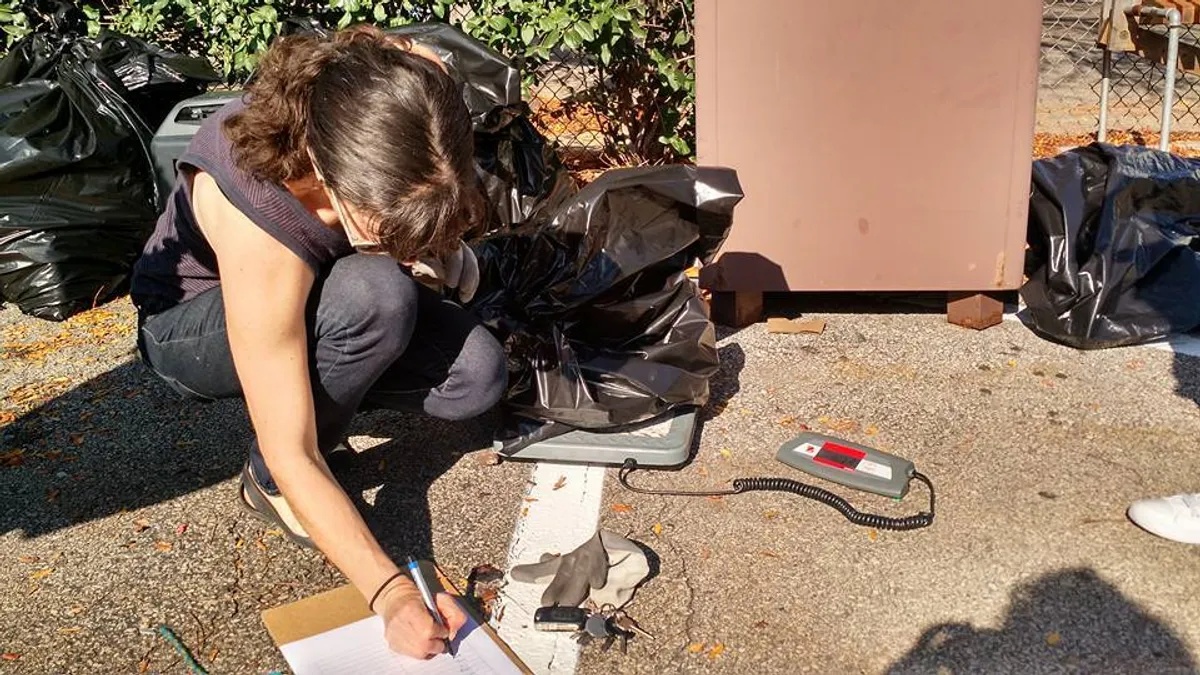Dive Brief:
- In an effort to promote citywide beautification in a competitive style, the Clean Pittsburgh Commission hosted the first multi-neighborhood Pittsburgh Garbage Olympics over the weekend of Oct. 13, according to WESA.
- Competing teams from five neighborhoods had two hours to collect garbage, which the Clean Pittsburgh Commission then weighed. It was estimated that volunteers collected over 1,400 pounds of trash, according to the Commission's Facebook page.
- One team, the East Liberty Trash Warriors, collected over 560 pounds of trash, not including mattresses and TV sets. As the winners, they were given a trophy featuring Sesame Street's Oscar the Grouch.
Dive Insight:
Pittsburgh is in the process of becoming a cleaner, more sustainable and more resilient city, and tackling the city's solid waste problems will be a part of that process. Pittsburgh has approved the purchase of "smart" trash cans that will make collection and maintenance easier by signaling when they're full, showing government support for improving waste management. The "Garbage Olympics" may also signal an important shift in Pittsburgh's approach to solid waste management.
For municipal waste goals to be successful, there has to be public buy-in. While that buy-in can come from the business sector, and many waste professionals would likely agree that it should, a truly robust plan will also bring in resident support. Not every city has a limitless budget to spend on marketing and education, however, so creative solutions are necessary.
Turning cleanup events into a friendly competition can lead residents to take a personal stake in picking litter off their streets. Another creative solution to increase participation in recycling programs is deploying mascots. City and local governments can't just issue a mandate from on high and expect litter to decrease and recycling to increase. It is critically important that government leaders involve residents, businesses and other stakeholders to a waste management plan that will best fit individual circumstances, because no two cities or localities will have the exact same set of conditions or needs.












